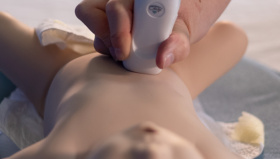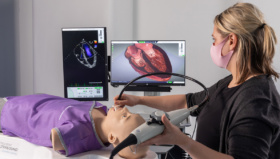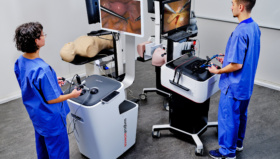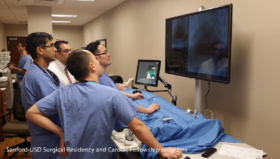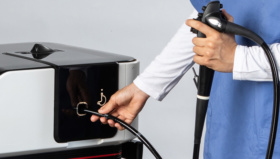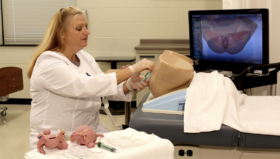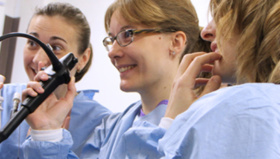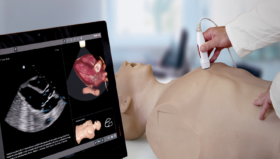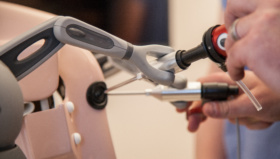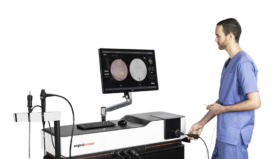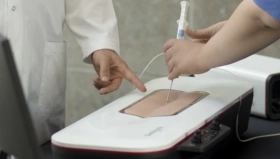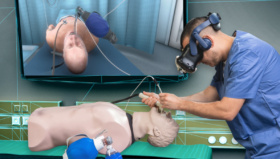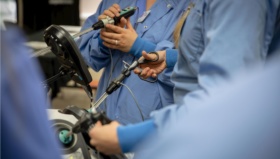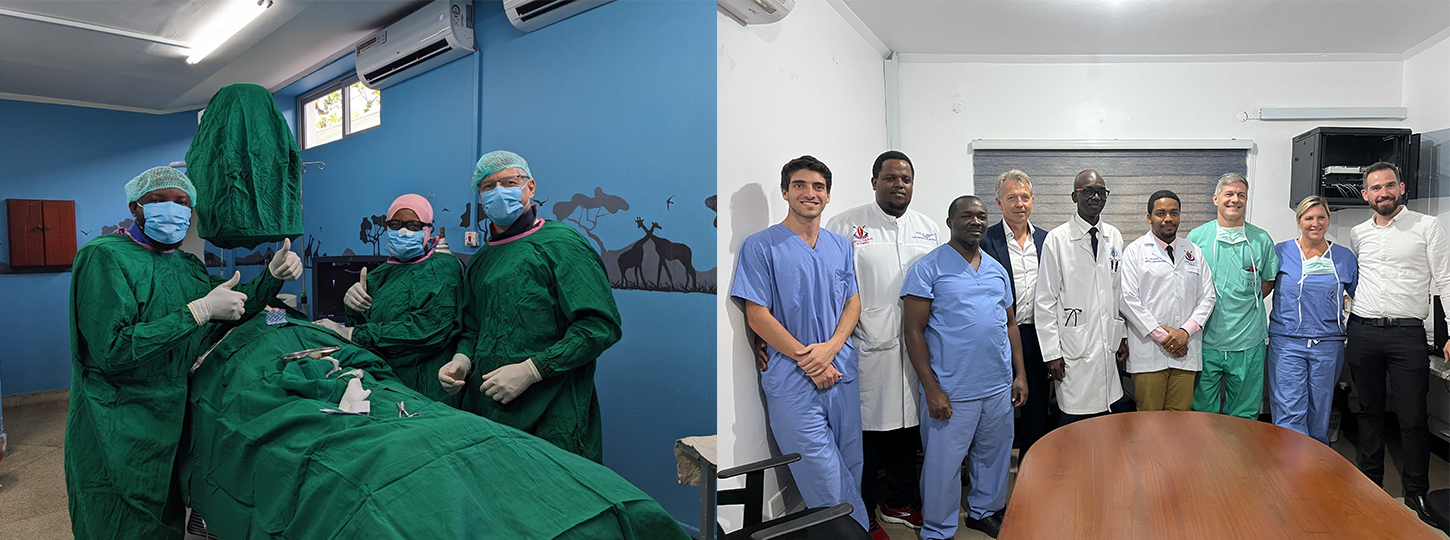
Interventional radiology (IR) is a specialty focused on providing image-guided, therapeutic and diagnostic procedures to manage a wide variety of medical conditions, ranging from cancer to vascular disease. As a minimally invasive alternative to open surgery, IR procedures have been demonstrated to result in less pain, fewer complications, and shorter hospital stays for patients across several indications.
IR as a specialty is commonplace in Europe and North America, playing a vital role in the delivery of healthcare, but in many parts of the world, this is not the case due to a fundamental lack of equipment and expertise. The reality is that more than half the world’s population has no access to even the most basic IR procedures, such as biopsies, drainages, and central venous access. That equates to over four billion people missing out on a vast range of crucial, even life-saving procedures.
Road2IR was founded in 2018 by an international consortium of physicians, nurses, and technologists working together to bring interventional radiology to resource-limited countries and communities. Through its work, teams of experts travel all over East Africa training local medical professionals on IR procedures. The training is intensive, and typically uses the ‘apprenticeship model’ with trainees learning ‘on the job’. With limited time and resources available to them, Road2IR recently recognized the need to bolster training efforts by incorporating simulation techniques into its programs.
Simulation provides many benefits to medical training by delivering unlimited opportunities for trainees to practice and refine their skills safely before working with live patients. But – just as with access to IR itself – there are stark global disparities in where medical trainees can access simulation training. With hospitals and training facilities in some parts of the world lacking the funding, expertise, or infrastructure needed to access the best simulation tools, many medical trainees must unfortunately forego the opportunity to develop their clinical skills and decision-making abilities in the safe and constructive environment provided by simulation.
Now, for the first time, Road2IR has teamed up with Surgical Science, a global leader in medical simulation, in a bid to enhance their flagship IR training program. Surgical Science has donated a state-of-the-art ANGIO Mentor Simulator to the Muhimbili National Hospital (MNH) in Dar es Salaam – the largest hospital and medical training facility in Tanzania.

“This is a hugely important step, not just for us, but for medical training in general in Tanzania. It will open up new skills, and ensure more people have access to life-saving procedures. The donation of the simulator is so important, but it is also the people – technicians, trainers, and experts – that make this such a game-changer. This is a public hospital, so it will help patients all over Tanzania who would never have been able to access these services before.”, says Professor Mohamed Janabi, Executive Director of Muhimbili National Hospital.
Here is an interview with Professor Mohamed Janabi when he receives the simulator.
The ANGIO Mentor is designed to provide multi-specialty hands-on training in endovascular interventions in simulated clinical environments, such as an interventional suite, a hybrid operating room, or a cath lab. Under the lead of Dr. Martin Mutonga, IR resident from Yale University, a team from Road2IR and technicians from Surgical Science visited MUHAS to conduct a train-the-trainer course on key IR procedures using the ANGIO Mentor.
After three days of intensive training with the simulator, the local trainers at the University have acquired all the knowledge they need to train the next generations of fellows enrolled in the IR Master’s Program.
Prior to Road2IR’s first visit, there were zero interventional radiologists in the entirety of Tanzania. Now, the growing number of specialists trained through the Road2IR program, are equipped with simulation to further master their skills, complementing the hands-on training and lectures already provided.
“Even just a handful of fully trained IR experts can make all the difference,” says Dr. Fabian Laage-Gaupp, Co-Founder of Road2IR. “In a country like Tanzania, we are aiming for one IR specialist per million population. We have graduated eleven Tanzanians, one Rwandan, and one Nigerian so far, but Tanzania has a population of 60 million, so there is still a long way to go. The simulators are hugely helpful as they allow trainees to work without supervision. We are hoping that in the next 10-15 years we will have enough IR specialists to reach everyone in East Africa and beyond.”
Following ethical approval, a team from MNH, Yale and Harvard will be carrying out research to evaluate the effectiveness of simulation in the training of IR professionals, as part of the Road2IR program in Tanzania. Although the primary focus will be on IR simulation training in resource-constrained settings, this will actually be one of the first studies globally establishing the effectiveness of simulation training within the specialty of IR, specifically.
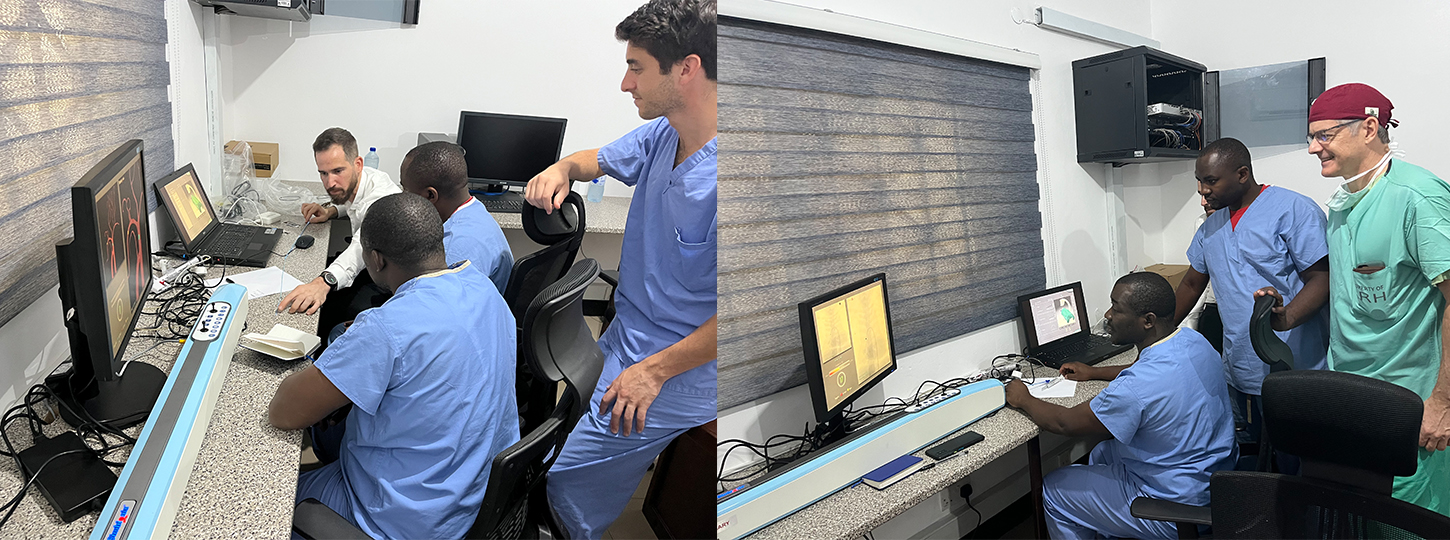
“When we heard about the amazing work Road2IR is doing in Tanzania, it was an easy decision for us to make this donation,” said Anders Melander, Senior Director Medical Affairs at Surgical Science. “This collaboration has been extremely important for us as it shows just how much work needs to be done to ensure resource-limited countries and communities have access to the vital medical procedures we take for granted. We hope the simulator will continue to help future trainees in a safe environment, without needing to train on patients, and that their skills in Interventional Radiology will make a difference in people’s lives all over Tanzania and beyond.”
